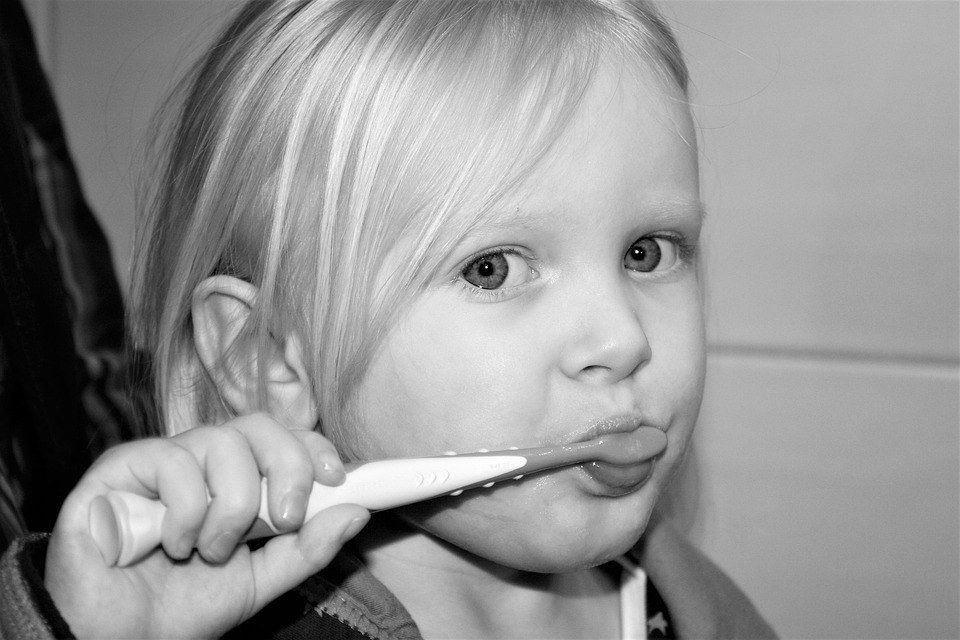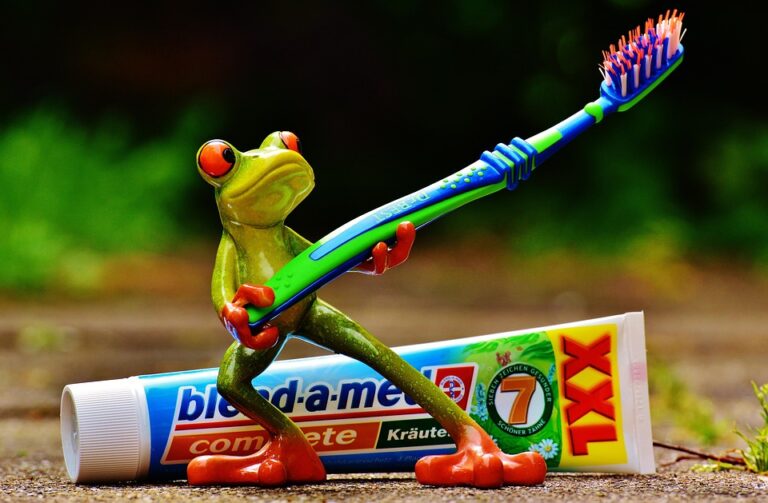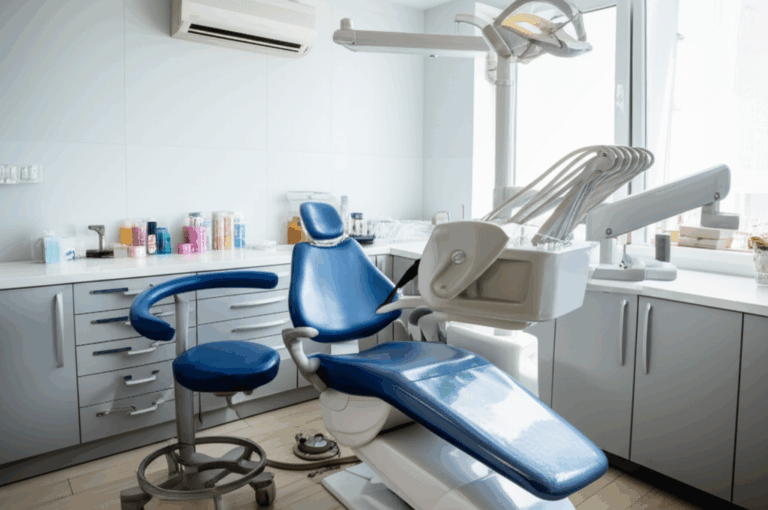
Is Removing Teeth A Serious Dental Problem
Wondering if getting a tooth pulled is a big deal? You’re not alone. Losing a tooth can feel like losing a small part of yourself. Maybe you’re worried about pain, getting an infection, or how your smile will look. Is it normal? Is it dangerous? And what does it really mean for your teeth? In this article, I’ll share what I’ve learned and been through about tooth extractions—why they happen, what it feels like, and how to handle them best. If you’ve ever sat nervous in the dentist’s chair or searched online, “Is tooth extraction serious?”, this article is for you.
Get ready to learn what really happens when teeth are pulled, how it can change your health, and what dentists can do to help. Let’s make you feel better with facts—not just worries!
Article Outline
- Why Do Dentists Remove Teeth?
- Is Tooth Extraction a Serious Dental Procedure?
- What Complications Can Happen After Removing a Tooth?
- Does Losing a Tooth Affect the Rest of My Mouth?
- How Do Dentists Replace Lost Teeth Today?
- Can Tech Like 3D Dental Labs Make Tooth Loss Easier?
- What Should I Expect During and After a Tooth Removal?
- Are There Alternatives to Tooth Extraction?
- How Does Tooth Loss Impact My Daily Life?
- How Can I Prevent Needing a Tooth Pulled?
Why Do Dentists Remove Teeth?
Let’s start at the beginning: why do teeth need to come out anyway? Sometimes, tooth decay gets too bad, gum disease goes too far, or a tooth is broken so much it can’t be saved. Other times, wisdom teeth don’t fit, or an infection could hurt your health.
I remember sitting in my dentist’s chair, hoping for a miracle filling. Instead, she shook her head and said, “It has to come out.” Not what I wanted to hear! But sometimes, pulling a tooth really is the best—sometimes only—way to save the rest of your mouth.
Even great dental care can’t always stop extractions. Some people are born with weak enamel. Others have accidents, or just get unlucky. When you go to a china dental lab for crowns or bridges, someone else’s tooth probably had to be pulled for those new teeth. It’s just part of keeping your mouth healthy all your life.
Is Tooth Extraction a Serious Dental Procedure?
Being told you need a tooth out can make you nervous. Honestly, the idea of someone pulling out a tooth sounds kind of old-fashioned! But dentistry is much better now. With today’s numbing shots and gentle hands, getting a tooth out feels more like relief—especially if the tooth hurts a lot.
Is it “serious?” Well, it’s not small like a cleaning. You are having a part of your body removed. There are some risks—bleeding, swelling, or sometimes, an infection. But most people are fine. As long as your dentist knows your health and does everything right, getting a tooth pulled is usually safe.
So yes, it’s a big deal, but not something to run from if you need it. Sometimes keeping a bad tooth is much worse than taking it out.
What Complications Can Happen After Removing a Tooth?
Let’s talk about what can go wrong—because knowing helps you get ready. Most of the time, you’ll feel a little sore. Eating might be weird for a day or two. Bleeding? Yes, but it usually stops within a few hours.
The real problems are from infection or healing that doesn’t go right. The empty spot (called a socket) can get food stuck in it, causing what’s called dry socket. Yikes! This happens more if you smoke or don’t follow your dentist’s tips. Just taking care at home—like rinsing gently and not using a straw—really helps.
Sometimes, your nerves might get bothered, or if it’s an upper tooth, a sinus might open into your mouth. Your dentist will check for this and help you if it happens. Most problems go away quickly if treated soon.
Does Losing a Tooth Affect the Rest of My Mouth?
The answer is yes, and more than many people think. Here’s the deal: Your teeth are like a team. When you lose one, even if it’s in the back, other teeth can move around. It’s like playing with blocks; remove the wrong one and everything shifts.
Gaps can make eating harder. The teeth on each side might tilt. The tooth it bit against can even get longer because it has nothing to chew with—this is called supra-eruption. The jawbone where the tooth was can shrink a bit. Over time, these things can change your bite, the way you talk, and even your face shape.
Leaving a gap from a lost tooth can quietly mess up your other teeth over time.
How Do Dentists Replace Lost Teeth Today?
You don’t have to live with an empty space in your mouth. The ways to replace missing teeth are better than ever. Dentures and bridges have been around, but today, implants and custom teeth from a zirconia lab or emax dental lab can look and feel just like the real thing.
Modern crowns—especially those made in special 3D dental labs—can match your smile perfectly. Even partial dentures are lighter and easier to use. I’ve seen friends stop hiding their smiles after getting a new tooth.
The main thing is to act early. The longer you wait after a tooth is pulled, the more your bone can change. Fixing it soon gives you better and more comfortable results.
Can Tech Like 3D Dental Labs Make Tooth Loss Easier?
Yes! If you haven’t been to the dentist in a while, you might be surprised at all the new gadgets. Dentists now send computer scans to labs around the world—maybe to a local china dental lab or a cool 3d dental lab with the newest printers.
So what does that mean for you? Faster, more exact replacements. I’ve seen new crowns made in just a day, looking just like your lost tooth. Materials like zirconia or Emax are very strong and look real. They last a long time and look great. It’s almost like you never lost the tooth at all.
Technology has made losing a tooth a lot less scary. It’s still better to keep your own teeth, but if you need a new one, today’s replacements are awesome.
What Should I Expect During and After a Tooth Removal?
Here’s what helped me get through my tooth pulling: knowing what would happen. First, you get a numb shot—there’s no pain, just a little pressure. Dentists wiggle the tooth back and forth to loosen it. Sometimes it comes out all at once, sometimes in pieces.
Afterwards, you might need a stitch (I did). You’ll get a thick piece of cotton to bite on, sort of like a little pillow for your gums, to stop the bleeding. The first few hours feel a bit weird, but not too bad. Ice packs and pain medicine help a lot.
At home, do what the dentist says: rinse gently, take any medicine, and stay away from crunchy food. Rest and let your body heal up. If pain or bleeding keeps going, call your dentist. Most people feel almost normal again in just a few days.
Are There Alternatives to Tooth Extraction?
Sometimes, you don’t have to lose the tooth! Root canals, crowns, or gum treatments can save teeth that look really bad. Dentists always try to save your real teeth first—it’s what they want to do.
But saving an infected or broken tooth isn’t always possible. High-tech labs like a zirconia lab can make crowns, but the tooth needs to be strong enough to hold them. Root canals clean out infection, but only if there’s enough healthy tooth left.
Ask your dentist about the good and bad points to help you choose. Sometimes, pulling a tooth is the last option—but it’s good to know there are choices.
How Does Tooth Loss Impact My Daily Life?
Will you notice if a tooth is missing? Yes, for sure. Chewing might feel odd. If the missing tooth shows, you might not want to smile. Talking can even change—a missing front tooth can make you whistle or lisp! Eating hard foods like apples? That’s tough.
The best part? With today’s dental care, you don’t have to live with these problems long. Quick-fix options, like a “flipper” (removable fake tooth), make it easier to eat and smile while you wait for something permanent.
And the best part, new teeth from places like a china dental lab or 3D dental lab, can boost your self-confidence a lot. Nothing feels better than smiling for a picture without worrying about a gap in your teeth.
How Can I Prevent Needing a Tooth Pulled?
Let’s be honest. No one wants to get a tooth pulled. The trick? Good old regular dental care: brushing twice a day, flossing, and visiting your dentist twice a year. Don’t forget to watch what you eat—sugary foods and drinks are really bad for your teeth.
Mouthguards protect teeth if you play sports. Getting help fast after mouth injuries can save teeth. If something feels wrong, call your dentist. Finding small problems early is the best way to avoid bigger, more painful ones later.
Bright ideas like fluoride treatments and sealants add extra protection. A little care now means healthier teeth for life.
Key Takeaways: Things to Remember About Tooth Extractions
- Tooth extraction isn’t simple—but with today’s dental care, it’s safe and often needed.
- Losing a tooth changes your whole mouth, not just your smile.
- Today’s dental labs (like 3D, zirconia, and emax dental labs) make lifelike replacements that look and work like real teeth.
- Problems can happen, but listening to your dentist keeps them rare.
- There are other ways to save your teeth—ask your dentist about them.
- Prevention is best—good habits are better than needing a tooth pulled.
- Don’t let fear stop you. If a bad tooth needs to go, waiting can make things worse.
- Replacement choices are better than ever—nobody has to live with a missing tooth forever.
- Regular dentist visits catch trouble early, so you can smile with confidence.
Remember: Needing a tooth pulled might feel like a lot at first. With the right care and help from today’s dentists, it doesn’t mean you’ll lose your happy, healthy smile.








